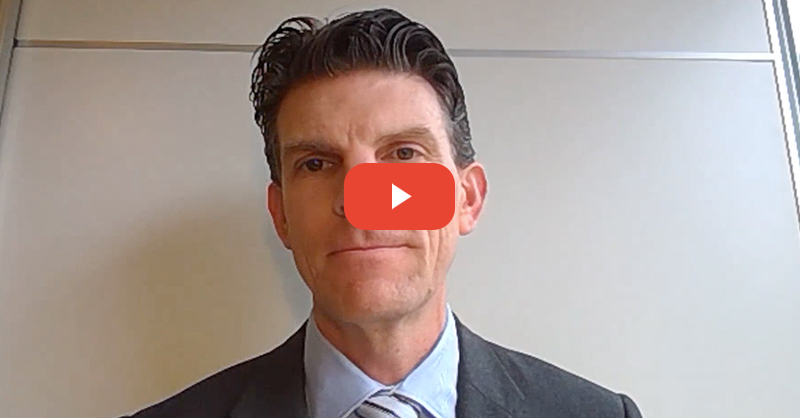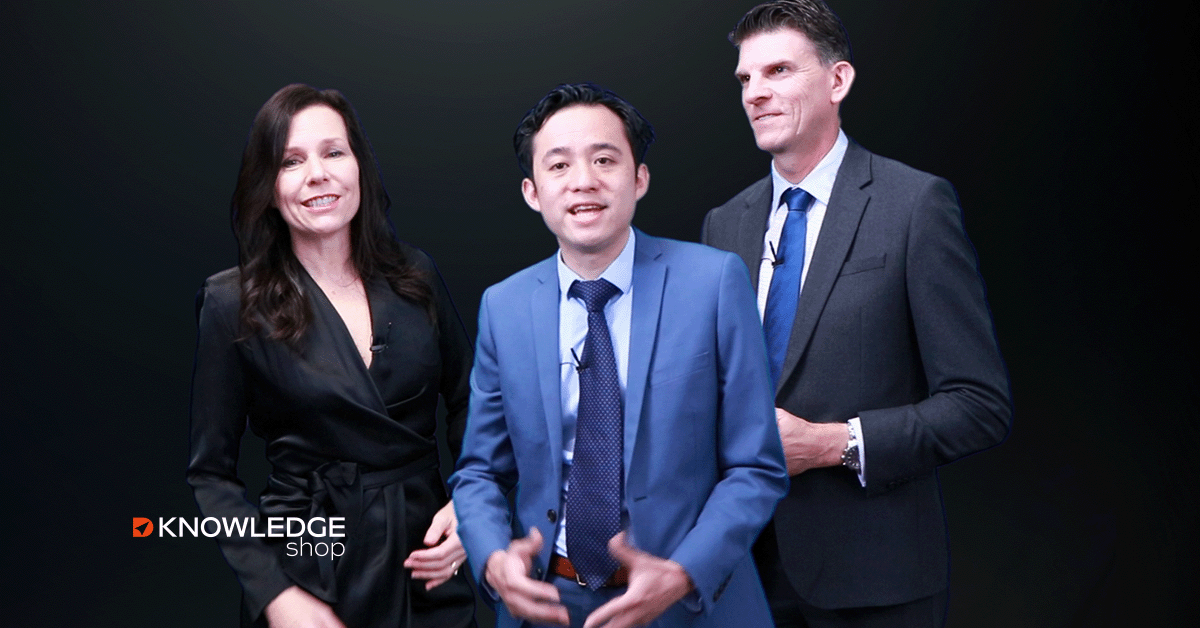March 2025 Round Up | ATO appeals Bendel (and what that means)
The ATO has appealed to the High Court in the Bendel case and released a decision impact statement. We look at the details and the implications.
Plus, Treasury has released the exposure draft on Payday Super.
Change is a constant for the profession. The Knowledge Shop membership can help you and your team keep ahead of change with an advisers' help desk, workpaper knowledge base, quarterly PD, and more - wherever you are and however you are working. Book in a time for a tour or call the Knowledge Shop team on 1300 378 950.
Inside this month, Michael Carruthers (Tax Director), Jason Hurst (Technical Superannuation Adviser), Ann Dai (Tax Adviser) and Amy Yan (Associate Director) bring you:
Interim Decision Impact Statement – Bendel
On 18 March 2025, the ATO applied to the High Court for special leave to appeal the Full Federal Court’s decision.
The ATO has also issued an interim decision impact statement in response to the Full Federal Court decision in the Bendel case (Commissioner of Taxation v Bendel [2025] FCAFC 15), which concerns whether a private company's failure to call for payment of entitlements to income of an associated trust was the provision of 'financial accommodation' and, therefore, a loan for the purposes of section 109D of the Income Tax Assessment Act 1936.
Since late 2009, the ATO has taken the controversial view that unpaid present entitlements (UPEs) owed by a trust to a company can be treated as if they were loans for Division 7A purposes (see TD 2022/11 for the ATO's latest guidance in this area). This can lead to a deemed unfranked dividend being triggered for tax purposes if appropriate action isn't taken to prevent this, even if no funds are provided by the trust to shareholders of the company or their associates.
However, the AAT and Full Federal Court have held that this view is incorrect and that a UPE balance should not be treated as a loan for the purpose of Division 7A.
In summary, the ATO’s decision impact statement confirms:
- The ATO will continue to administer the tax rules in accordance with TD 2022/11 until the outcome of the High Court appeal process is known. That is, the ATO will still treat UPEs as loans for Division 7A purposes.
- The ATO will hold off processing amendments, private rulings and objections relating to this issue until the appeal process is finalised. However, if the ATO is forced to make a decision during this period then the ATO will apply the approach in TD 2022/11.
- The ATO reiterates that regardless of the Division 7A position, the reimbursement agreement rules in section 100A also need to be considered and if UPEs aren't on terms that are at least as commercial as a Division 7A loan agreement then the arrangement would fall outside the green zone in PCG 2022/2.
Reference:
Payday Super details released
Treasury has released exposure draft legislation for Payday Super that will require employers to pay superannuation at around the same time as salary and wages are paid to the employee. The changes are proposed to commence from 1 July 2026.
Under the reforms, employers will be required to make superannuation contributions within seven calendar days of paying an employee's salary and wages, which represents a significant change from the current system where employers have until 28 days after the end of the quarter to make contributions.
The draft legislation introduces several other key changes to the superannuation guarantee system.
The amendments introduce the term "qualifying earnings" (QE), which is broadly based on ordinary time earnings, with the "QE day" referring to the day the employer makes the payment to the employee (i.e. the payday).
Employers will become liable for the superannuation guarantee charge (SGC) if contributions are not received by the employee's fund within seven days of the QE day, unless specific exceptions apply, such as a two-week grace period for new employees.
Significant changes are proposed to the interest and administrative costs associated with shortfalls. The current 10% nominal interest rate will be replaced with the ATO's General Interest Charge (GIC) rate, while the fixed $20 per employee per quarter administration component will be replaced with a 60% uplift based on the total shortfall and interest.
While it’s also proposed that SG statements will no longer be compulsory, employers may still need to make voluntary disclosures if they want to access discretionary reductions in administrative penalties.
Under the reforms, both on-time and late contributions, as well as SG charge payments, will be tax-deductible for employers, although any associated penalties will remain non-deductible.
A revised penalty regime is also proposed to be introduced for late or non-payment of SGC. The Commissioner must issue a notice to pay if the SGC remains unpaid after 28 days, with employers facing an initial 25% penalty that may increase to 50% for repeat non-compliance within 24 months. Unlike the current system (where penalties can go up to 200% but can be remitted), these penalties cannot be remitted by the Commissioner.
The process for correcting late contributions will be simplified, with contributions automatically applied to the earliest QE day with an outstanding SG shortfall.
From 1 July 2026, the Small Business Superannuation Clearing House will also be retired, requiring small businesses to make payments directly to super funds rather than through the clearing house.
Reference:
Share this
You May Also Like
These Related Stories

September 2024 Round Up - Payday Super: The first details

June 2021 Round Up - Temporary Full Expensing clarified...mostly


No Comments Yet
Let us know what you think